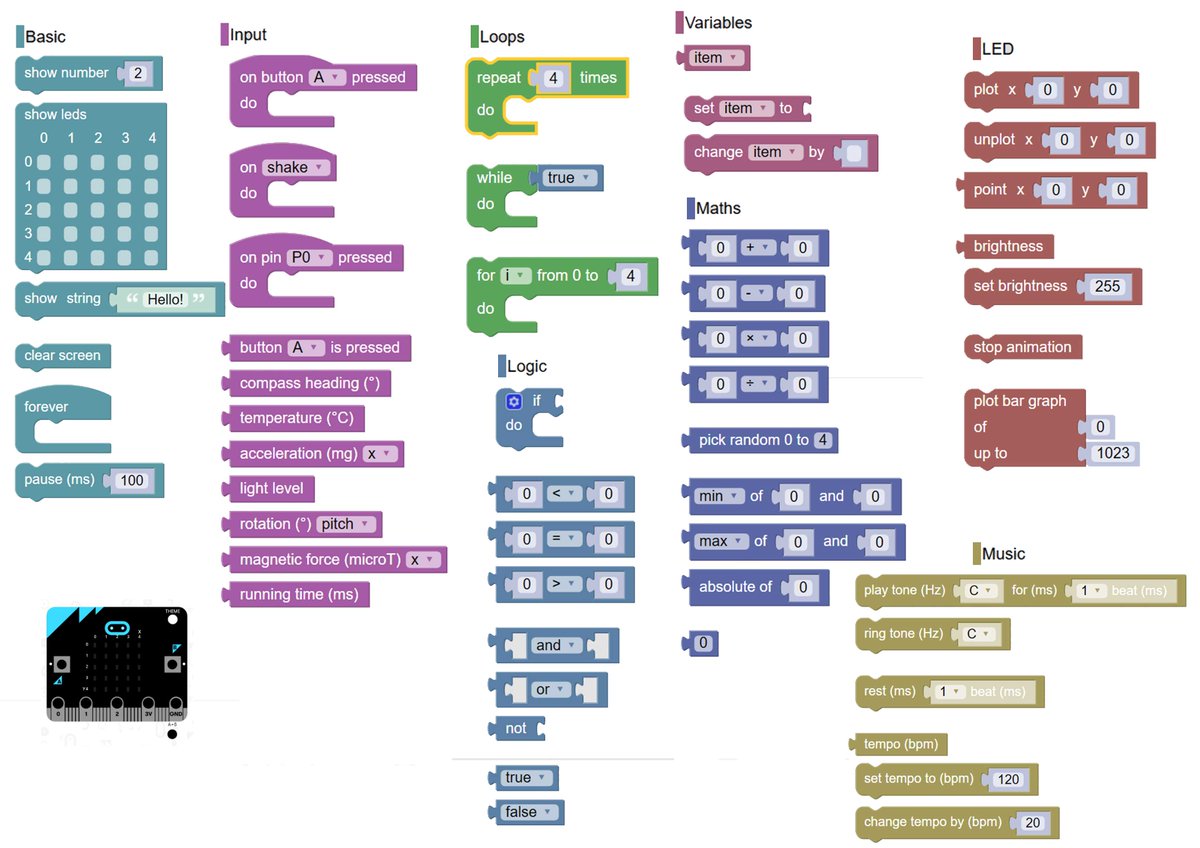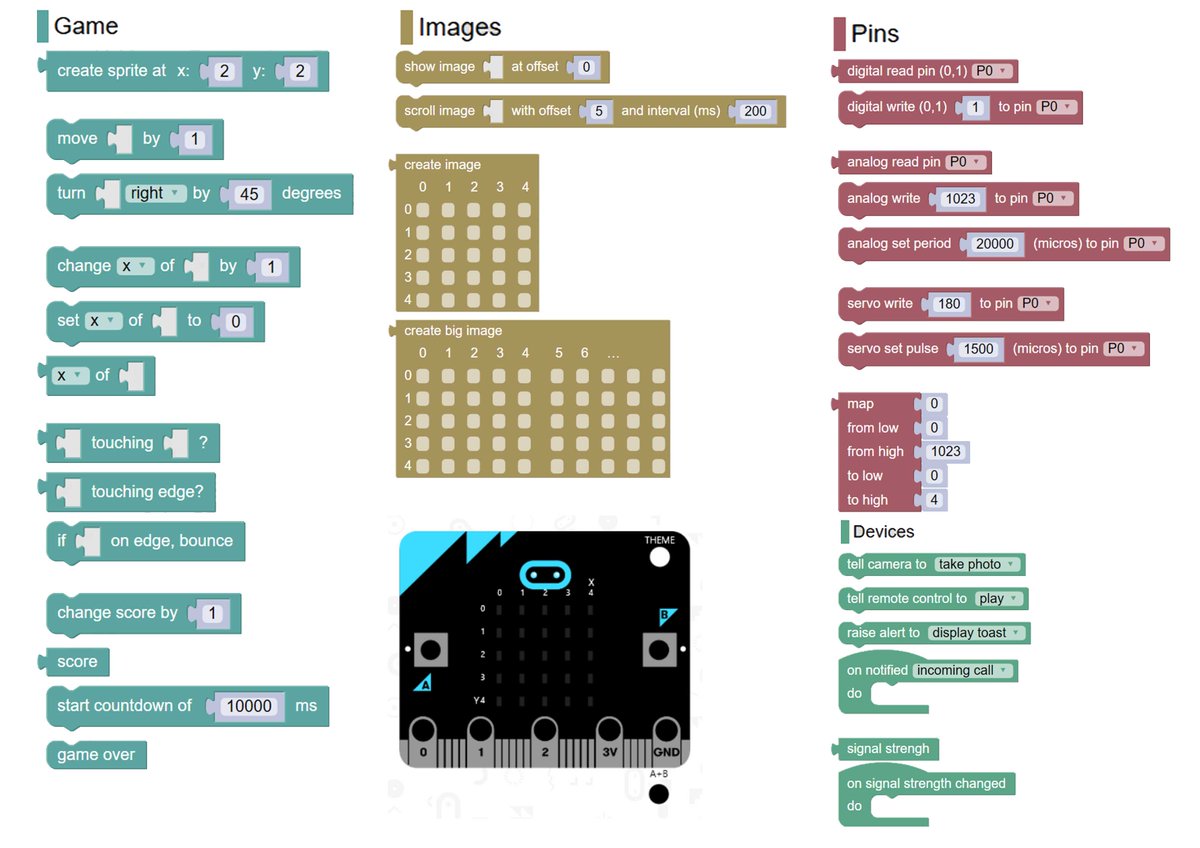Like most classroom teachers I really hate missing class time with my students. So I’m pretty deliberate about the time that I do miss. I’m missing the next two

days of school as part of one of the writing teams working on a
framework for K-12 Computer Science Education. I see it as important work. I’m in Memphis TN where later this week the annual SIGCSE conference will be taking place. I wish I could stay for that as well but that would mean missing far more school than I am comfortable missing.
I got to town early today. My choice in flights was between getting in very early and very late. I choose early. I thought I would use some of my down time to write about the process from my point of view.
This effort, being lead by ACM, CiC,
Code.org, CSTA, NSMI and involving
people from all over the country and from many aspects of computer science education has been going on for some months now. I attended one of the first in-person meetings last fall. A little over a month ago I was invited to help with one of the writing teams working on part of the document whose plan came out of those initial meetings.
What does that mean? Well it means more work than I initially anticipated but then most jobs worth doing are that way. Initially I joined a couple of virtual meetings and reviewed the work that had been done to that point. The end of January I joined my first writing team face to face meeting. About 25-30 people met for two days in Austin TX. We worked from breakfast to dinner on all parts of the document. Different groups went beyond “their section” of the framework to give feedback to other groups. Even lunch didn’t shut down the work.
Since that meeting my team (working on the Practices section) have held a bunch of virtual meetings. Not everyone at every meeting but everyone made some of them. I’d say we scheduled 2 or 3 meetings a week. We held our meetings using Go2Meeting and Google Hangouts. Documents are shared via Google Docs. (I still prefer OneDrive and Office 365 for my own work.) In any case, it is surprising how much like face to face meetings these virtual meetings can get.
Also during the last month the project had it’s first formal review period. Scores of people, individually and in groups, reviewed the early draft in great detail. The set of raw comments is several hundred pages long. A lot of comments.
The writing teams received those comments and have been reviewing them for the last couple of days. I should probably be making another pass now. As small groups and the group as a whole we will be looking closely at that feedback over the next two days. We’re not going to finish updating everything in two days. No matter how much we might wish otherwise. But we’ll get a lot done and groups will have virtual meetings afterwards. Over two days we will review feedback, explore where it fits (or doesn’t) and have a lot of deep and thoughtful discussions. It’s a good bunch of people so no fighting but plenty of lively discussion.
People are dedicating a lot of time and energy to this effort. Not just the writing teams but the reviews and advisors who have involved and committed to a good and useful framework.
There is a commitment for
another review period scheduled to start 14 March 2016. So clearly we have a lot of work to do between now and then. I’d better get to it.
![]() February break is over. I’m not actually in school today as I am working with one of the writing teams working on a framework for K-12 Computer Science Education. I took it fairly easy last week. No trips, no special events, I was more active online than I had planned (Social Media and Professional Development) for that was ok. It did mean I picked up some good links to share.
February break is over. I’m not actually in school today as I am working with one of the writing teams working on a framework for K-12 Computer Science Education. I took it fairly easy last week. No trips, no special events, I was more active online than I had planned (Social Media and Professional Development) for that was ok. It did mean I picked up some good links to share. 
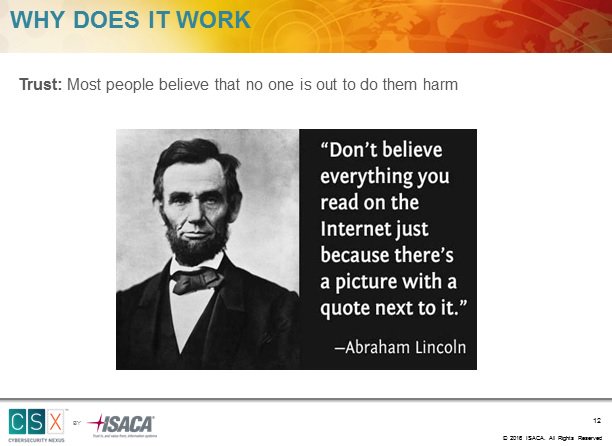





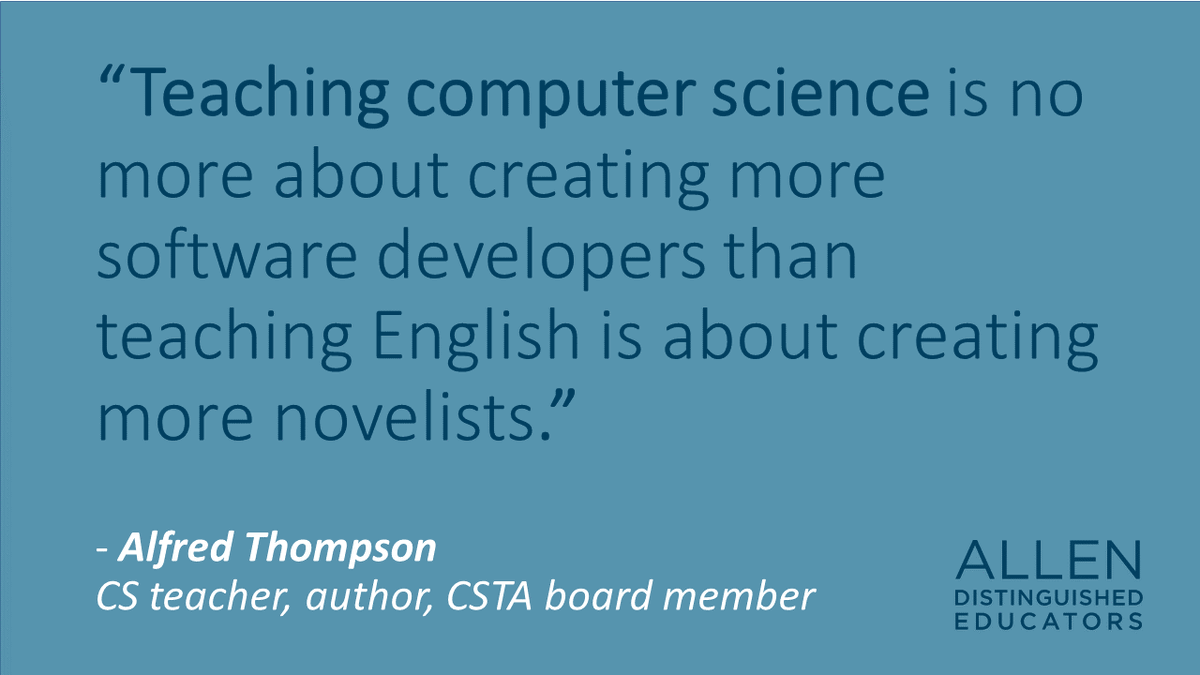
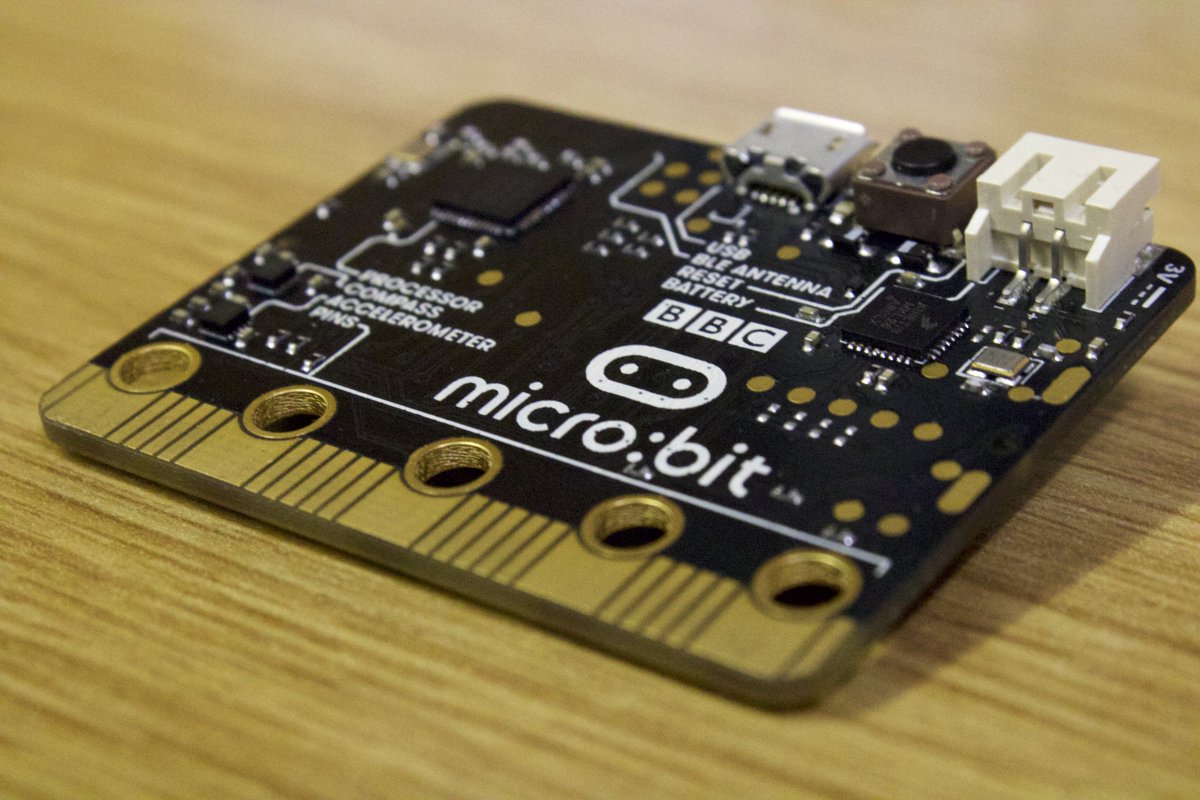 I’m still keeping a close eye (or as close as I can from across the Atlantic) on BBC Micro:Bit activity.
I’m still keeping a close eye (or as close as I can from across the Atlantic) on BBC Micro:Bit activity.